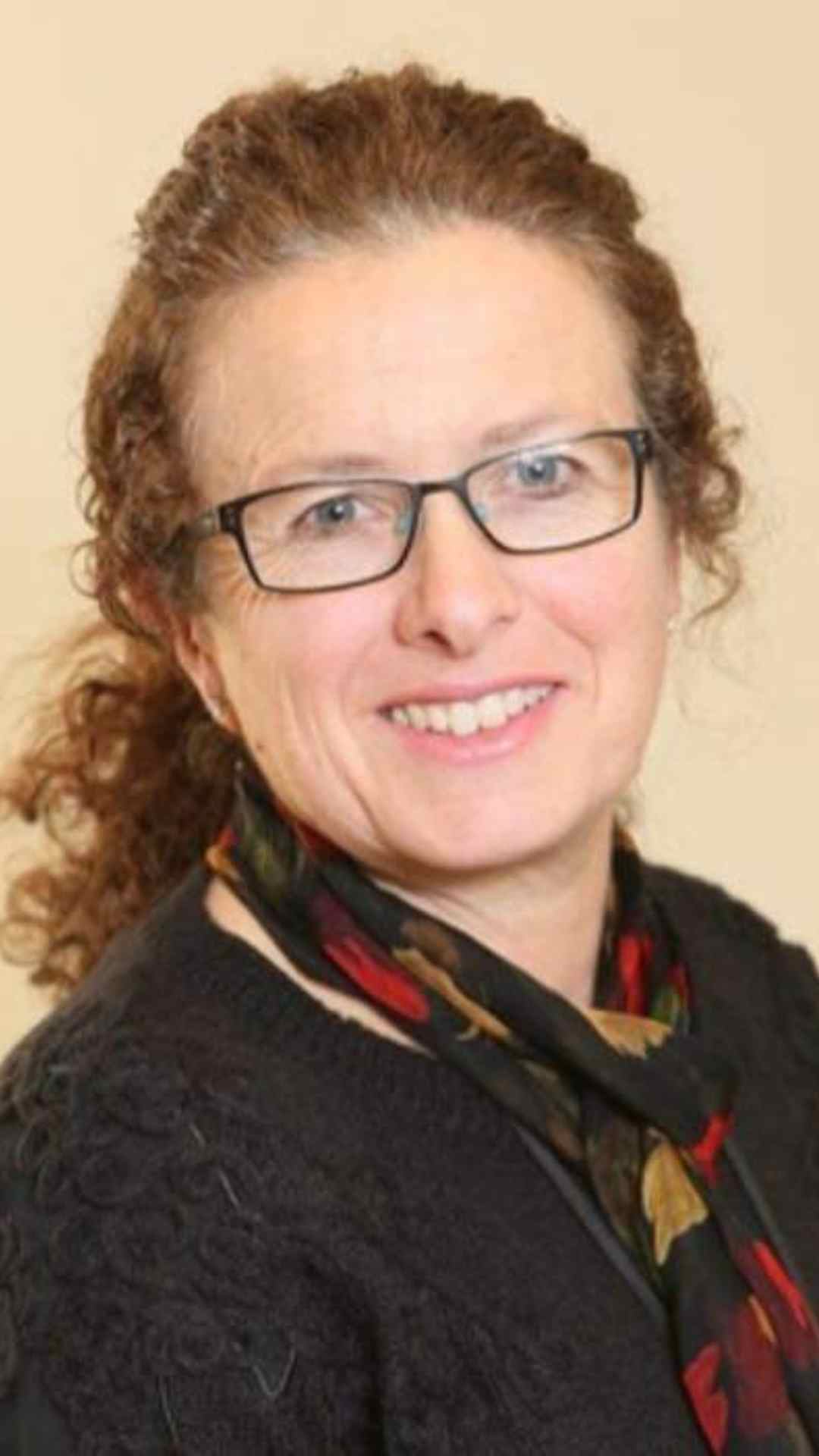
Karen, a General Practice Nurse, talked to the NIO about her work on the primary childhood immunisation programme, why she’s passionate about vaccination and why it’s important to #KeepUpToDate with your baby’s vaccines.
As part of the #KeepUpToDate campaign, the NIO spoke to General Practice Nurse, Karen. General Practice Nurses are not just the backbone of the primary childhood vaccination programme, but are also the front face, delivering these important first vaccines to generations of babies all around the country. Here Karen tells us about her work in general practice and her passion for immunisation.
My name is Karen, I’ve been working as a General Practice Nurse for the past 23 years but am in Nursing for 43 years. I’m also a Midwife for almost 35 years. I absolutely love babies. I feel privileged to be able to follow their progress for the first 13 months of their lives and get to know their family unit when they come into the practice. Often their parents will have subsequent babies and I love seeing them come back as toddlers. It’s wonderful seeing the children grow and develop over the years.
When I started as a practice nurse it took me time to get used to vaccinating little babies. But I saw all the pluses e.g. educating the parents on preventable diseases and reducing their baby's risk of becoming unwell.
Plus the babies are not allowed to leave my room without a smile! The majority of babies will smile at you before they leave the room, so we know they don't bear a grudge!
I always say to parents when they are leaving after the 6 month vaccine, "Please make sure you come back on time for the 12 and 13 month vaccines.” This is usually a good way of ensuring that the majority of parents will come in on time. Some parents will come on the baby's birthday, some the day after, most will come within a week of the child’s first birthday.
Sometimes new parents can find it hard when they baby is getting vaccines, but I try to reassure them by saying that their baby doesn’t realise or recall what's happening and that they can comfort their baby following the injections just by giving them a big hug, or breastfeeding during and after vaccination. They will be fine, they’ll have forgotten about it before they go out of the room or within the 15 minute wait afterwards in the surgery.
A big part is reassuring parents. I go through all the different diseases that we're vaccinating against to give them advice about what we’re protecting the babies from, what the diseases do, and how it can affect their children. I reassure them that they are protecting their baby.
I go back to basics when I’m ringing parents about vaccines appointments. I tell them how many visits are needed, the importance of coming on time, which vaccines their baby will be receiving, go through the details for the first visits.
There is also the opportunity to talk to the expectant mothers re their baby's vaccination schedule when they attend for their flu or Boostrix (whooping cough) vaccines whilst pregnant.
It’s part of a whole journey.
I love imparting knowledge. Each day I receive immunisation queries particularly about the catch up schedule.
GPNs are the biggest group of vaccinators in the country. We're passionate about immunisations and we're also the main group of Healthcare Professionsals who vaccinate the babies.
So please, if you have a query about your baby's immunisations, please ask your GP Nurse.
Top Tips for Parents & Guardians when getting their baby vaccinated
- Baby has to be well, with no high no temperature, in order to be vaccinated.
- If the baby has a cold, is on antibiotics or is teething they can still be vaccinated, once they don't have a high temperature. So please don't defer vaccine appointment.
- Bring your baby's Immunisation Passport with you on each visit. You should have received it through the maternity hospital or your PHN. If not, 1 copy may be ordered from www.immunisation.ie
- Bring liquid paracetamol with you for the 2 and 4 month vaccine only. Please DO NOT give it to your baby prior to attending.
- Leave the Immunisation Passport in your baby's changing bag so it’s there for every visit. If you forget it, I will give you the vaccine stickers off the vials/syringes and ask you to put the stickers sitting in the Immunisation passport and I will complete the passport at subsequent visit.
- Immunisation Passport is very important as you will need to have documented evidence of your baby's vaccine history if changing GP surgery or moving to another country.
- Keep it as safe as your passport. When your child is in Junior Infants and due their next childhood immunisation, the HSE will need to know if your child had their 1st MMR at 12 months of age.
This page was added on 5 July 2022